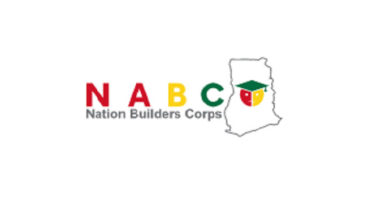COCOBOD seeks $750m loan for cocoa rehabilitation programme

The Ghana Cocoa Board (COCOBOD) plans to raise $750 million from a consortium of banks to help finance a massive cocoa rehabilitation programme, which will result in the replacement of almost half of the country’s total tree stock.
The world second largest producer of the beans wants to cut down more than 400,000 hectares (988,431 acres) of trees which are non-productive because they are either diseased or over aged, Chief Executive Officer of the Board, Mr Joseph Boahen Aidoo said in an interview.
“We will cut nothing less than 45 percent of total tress stock, but we will do it in phases over a period of between five to eight years,’’ he said, adding that, about 20 percent of Ghana’s cocoa trees have been affected by the Cocoa Swollen Shoot Virus Disease, a virus which reduces yields and kills a plant within three to four years, while another 25 percent of trees are old and unproductive.
“The spread of the disease is disturbing and alarming, even young farms, which are just about to get to their peak production levels have been affected by the virus, and the sad part of this development is that there is nothing to be done about those trees than to hew them down, a development that will leave cocoa farmers very miserable,” he said.
“This is why we are seeking to raise this short-term facility to finance our rehabilitation programme as well as incentivise farmers to cut the old and diseased trees and replant with the new high yielding hybrid seedlings,’’ Mr Aidoo said.
The $750 million loan facility will be raised from local and foreign banks and is expected to be completed early next year and will be repaid with cocoa proceeds over a period of five years, he said.

This will be in addition to an expected borrowing of $600 million from the African Development Bank for the building of warehouses and other measures to improve storage and distribution of the crop.
Part of the loans will also be used to train more extension officers, who will work in the cocoa growing communities and help educate the farmers on best agronomic practices that will boost crop yields.
The industry regulator is also seeking to improve yields and incomes of hundreds of thousands of small-holder farmers, who dominate the industry in Ghana.
Source: GNA






8 Comments